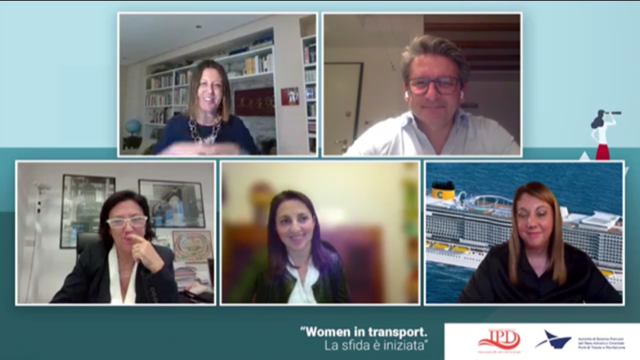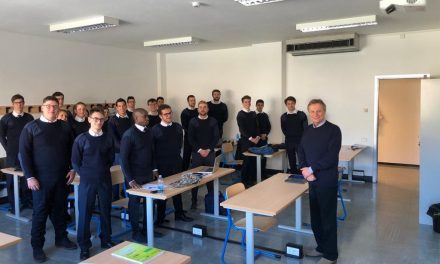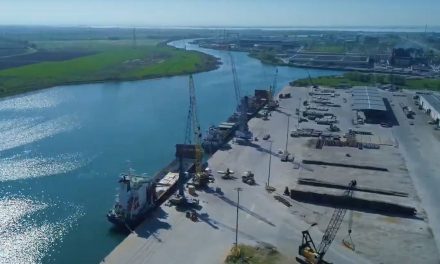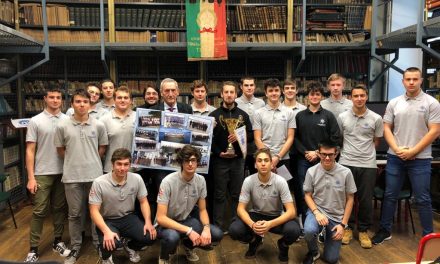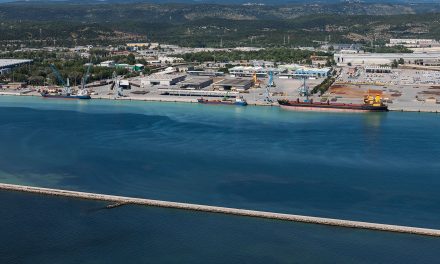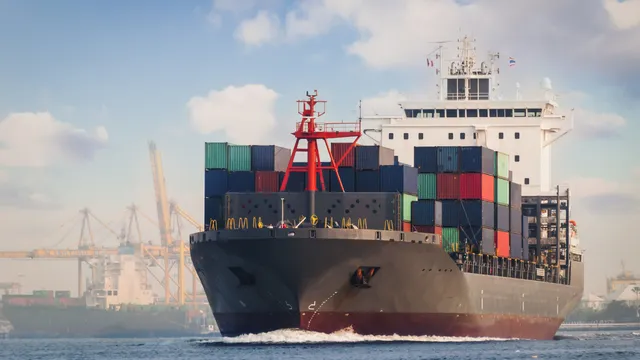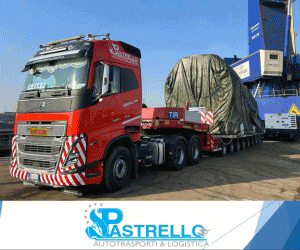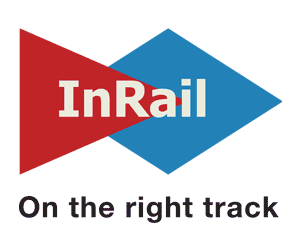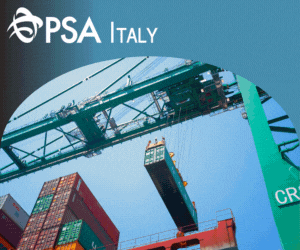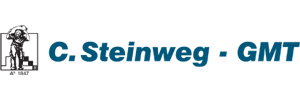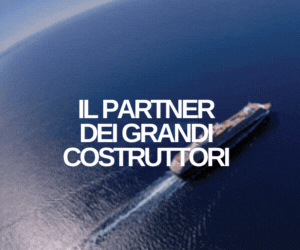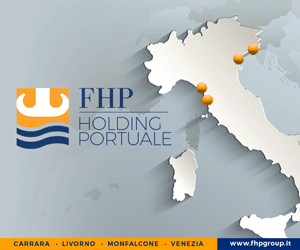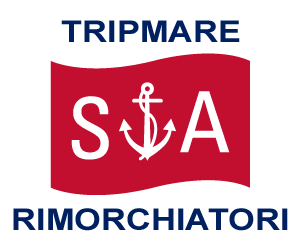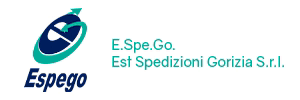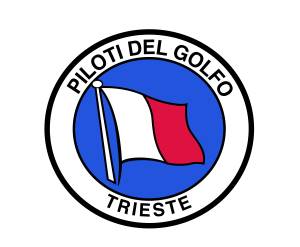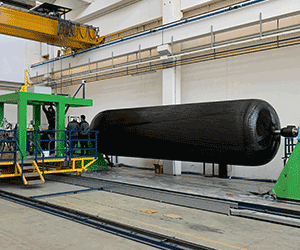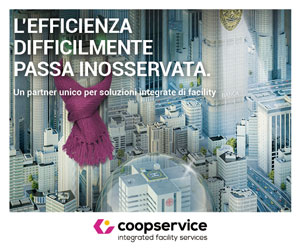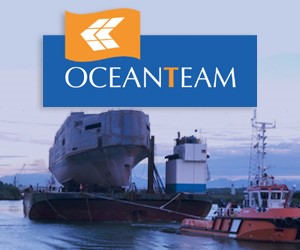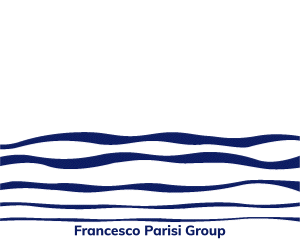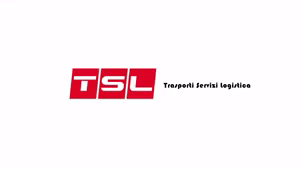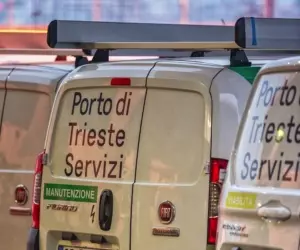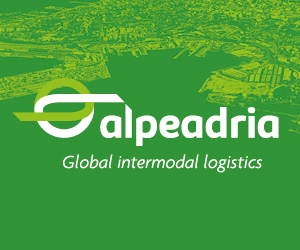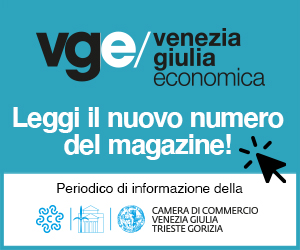TRIESTE – As of April 2021, the percentage of female employees at the Trieste Port Authority stands at 38.8%: a 140% growth over 2015. On the occasion of Italian Port Days, the Port Network Authority of the Eastern Adriatic Sea renewed its commitment to the issue of gender equity in the transportation sector with the streaming event “Women in Transport. The challenge has begun.” The webinar aimed to recognize the problems and find possible solutions to the gender gap in the world of transport, taking as its starting point the best practices implemented by some major companies in the system that have among their top three women managers. Guests of the workshop “Being a woman in today’s transport world”: Giuseppina Gualtieri, President and CEO Tper, Gabriella Ruspa, Managing Director Marketing and Business Development DHL Express (Italy) and Antonella Varbaro, Fleet Hotel Human Resources Director Costa Crociere, interviewed and accompanied to the dialogue by Eva Campi, partner of Newton Spa.
The President of the Authority, Zeno D’Agostino, opened the conference proposing a picture of the current state of gender equity in the ports of Trieste and Monfalcone, illustrating numerical values that highlight the commitment of the Port Authority to achieve gender equity. The data also reveal that female employees are on average 40 years old, have a length of service of 3 years, are first-level employees and hold a degree, unlike their male colleagues, who are on average 47 years old and hold a diploma. In the AdSPMAO’s public competitions between 2015 and 2020, 60% of men and 40% of women participated. Those values indicate the need to work on the gender gap on two levels: within the Authority in terms of cultural change, but also upstream of the hiring process, acting on training, recruiting, awareness and information campaigns that spur women to imagine their future in the world of transport.
A path already successfully traced by the three women managers present at the workshop, who demonstrated, through the narration of their personal experience, how it is possible to overcome the collective imagination that sees transport as a totally male universe.
“Women in transport”: ports of Trieste and Monfalcone committed to reducing the gender gap
